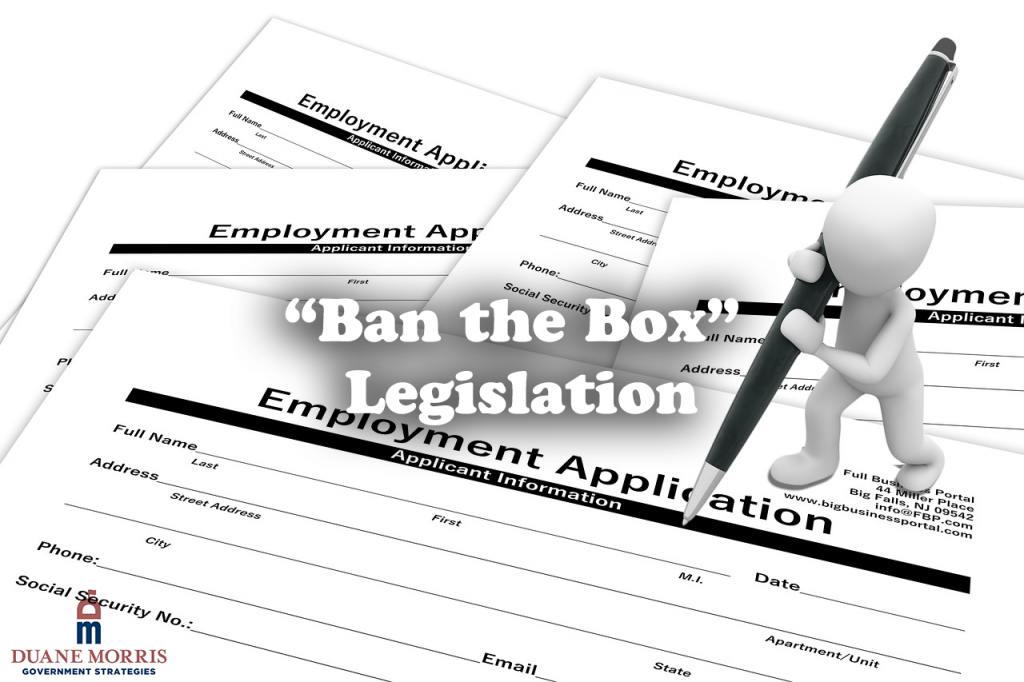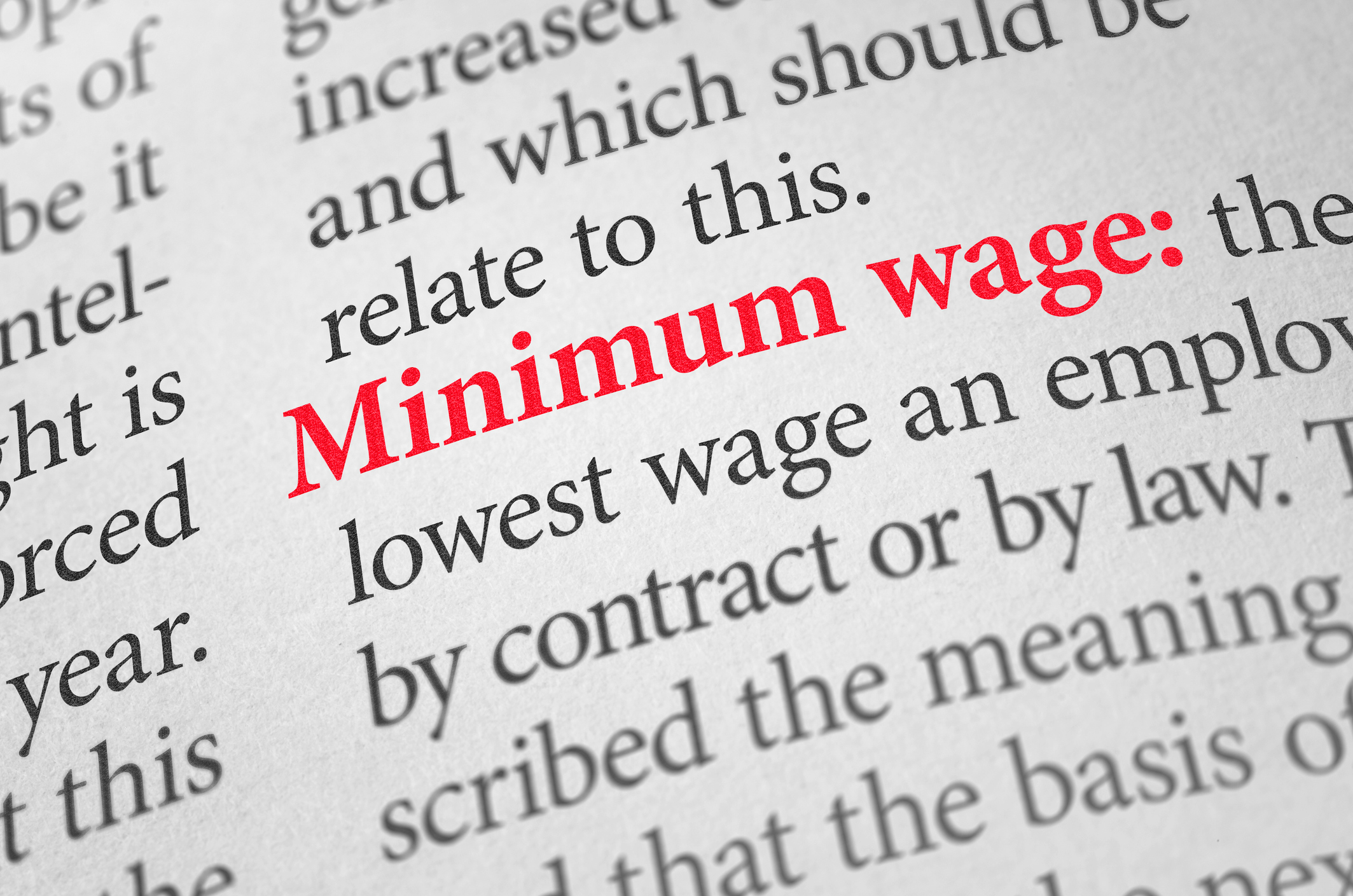Discrimination against employees and job applicants based on their criminal histories is receiving new legislative attention through ban the box legislation. Many state legislatures are recognizing the need to mitigate the impacts of decades of over-criminalization, especially for those structurally discriminated against because of their former interactions with the criminal justice system.
“Ban the Box” is a campaign to eliminate the “check box” on job applications that asks applicants about their criminal record/history. Prohibiting the box and the inquiry into criminal history offers people formerly convicted of a crime the chance to have their job qualifications reviewed before being asked about their criminal record.
Hawaii was the first state, in 1998, to pass a law restricting employers from asking about a job applicant’s criminal background before an offer was to be extended. In the 23 years since at least 33 states and 150 municipalities have implemented similar legislation and rules.
Florida: City of Lakeland
A patchwork of Ban the Box policies exists in Florida throughout various localities, including, as of 2018, Clearwater, Daytona Beach, Jacksonville, Orlando, Miami-Dade County, Tampa, St. Petersburg, Tallahassee, Gainesville, and Pompano Beach. However, no statewide regulations or laws are on the books.
In early 2021, the City of Lakeland implemented a Ban the Box process to remove questions about prior criminal convictions for job applicants. The new process became effective in Lakeland on February 1, 2021, and applies to all positions outside of the public safety sector.
Kentucky: 2021 Bill Doesn’t Advance
House Bill 228 was introduced by Kentucky lawmakers in January 2021. The legislation makes it unlawful for an employer to consider or require disclosure of a job applicant’s criminal record or criminal history.
However, this does not apply to any law enforcement agency position, a position requiring a criminal background check, any position where an applicant with a criminal background is disqualified from employment, and any position where the applicant would have to obtain a standard fidelity bond or an equivalent bond but would be disqualified from obtaining said bond because of a criminal conviction.
The Ban the Box bill has not advanced since its introduction.
Minnesota: Companion Bills to Update Existing Law
HF 1923 and SF 1351 are companion bills introduced by lawmakers earlier this year to expand the state’s Ban the Box law. Specifically, the bills add a section to the state’s Ban the Box law that applies to individuals appointed to boards, commissions, agencies, committees, councils, authorities, court, advisory task forces, and advisory councils.
Mississippi: Ban the Box Legislation Died in 2021 Session
At least two Ban the Box bills were introduced this year in Mississippi. Senate Bill 2019 and House Bill 1217 would have created the “Ban the Box Act” in Mississippi. They would have prohibited public employers from using criminal history information as a preliminary bar to employment. The bill defines “public employer” as the State of Mississippi and any office, department, agency, division, bureau, commission, board, institution, hospital, college, university, airport authority, or other instrumentality. The bill does not apply to private employers and the practice of law.
Under the bills, if a background check is completed and criminal history is found to exist, the state must consider the below criteria before either offering or declining an offer of employment to the applicant:
- The nature and gravity of the offense;
- The length of time that has elapsed since the offense happened;
- The person’s age when the offense was committed;
- Whether the offense is reasonably related to the duties and responsibilities of the employment the applicant is seeking; and
- Any information related to the degree of rehabilitation that may have taken place with the applicant.
SB 2019 failed a vote in the Senate in early February and consequently died on the calendar, while HB 1217 died in committee.
North Carolina: Ban the Box Legislation
Senate Bill 416 was introduced by North Carolina lawmakers in late March of 2021. This Ban the Box legislation would stipulate that a hiring authority may not inquire into or consider the applicant’s criminal history for public employment. Notably, the bill also states that a hiring authority is not allowed to disqualify an applicant because they do not have a physical or street address.
North Carolina’s Ban the Box bill defines public employment as any job, work for pay, or employment, including temporary or seasonal work, where the employer is the State of North Carolina or any local political subdivision.
Pennsylvania: Ban the Box Legislation for College Applications
HB 866 was introduced by lawmakers in January 2021. It would implement Ban the Box on applications to any public college or university in Pennsylvania. Under the bill, any college or university would not be permitted to ask about a student’s criminal history (except for some criminal offenses) on their initial application or at any time during the admissions process before the school decides to accept the student applying for admission.
A college or university may inquire about an applicant’s criminal history regarding convictions related to murder, stalking, rape, statutory sexual assault, sexual assault, aggravated indecent assault, indecent assault, and similar offenses.
However, after a student accepts admission, an institution is permitted to ask about the student’s criminal conviction history to offer voluntary counseling and support services and obtain secondary information, including information pertaining to housing.
HB 866 has not advanced past the House Education Committee to this point.
Latest News
Photo credit: iStock.com/Fahroni In most of the United States, you can pull into a gas station and pump your own gas. However, according to the National Association of Convenience Stores, self-serve gas stations did not [...]
Photo credit: iStock.com/Nadezhda Kurbatova As unions reassert themselves in 2023, some state legislatures are considering bills allowing legislative staff to form unions. The Oregon Legislative Assembly became the first state legislature to have a unionized [...]
Photo credit: iStock.com/Zerbor Could your state raise its minimum wage in 2023 or in the near future? In 2021, the Pew Research Center reported that six-in-ten U.S. adults (62%) favored raising the federal minimum wage [...]
Photo credit: iStock.com/William_Potter Non-competes are contractual agreements between an employer and employee that typically restrict employees from working for a competitor or starting their own ventures within a specific geographic area and timeframe. Once [...]







Stay In Touch